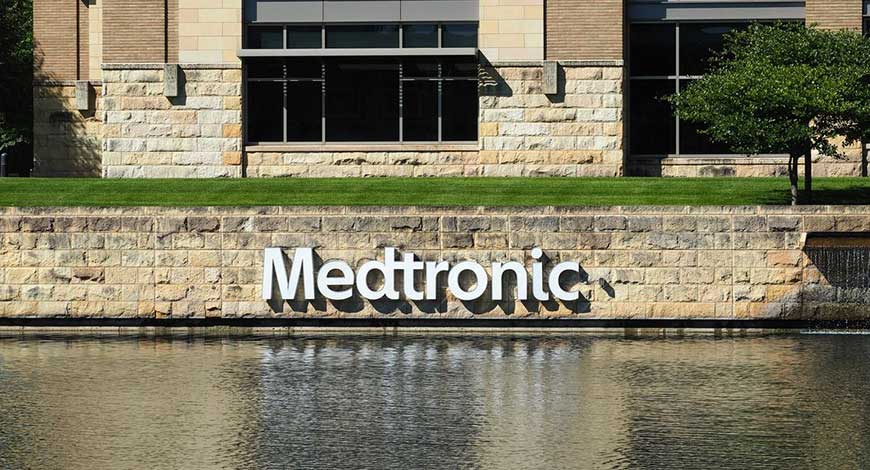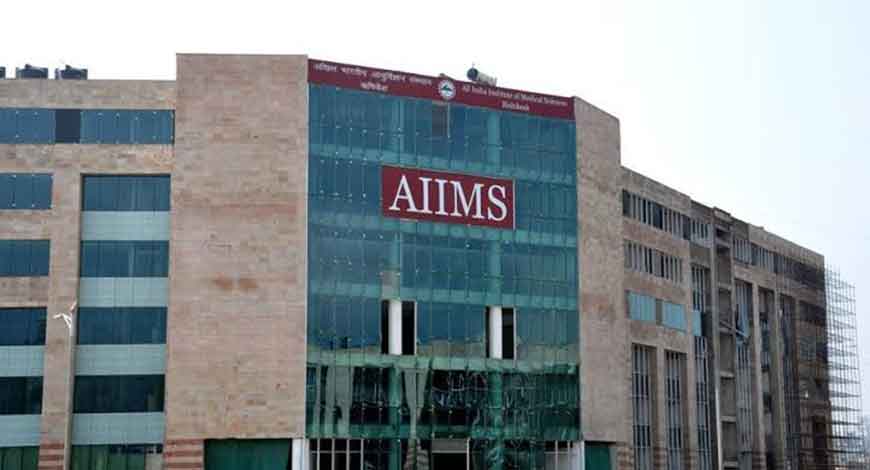The global clinical laboratory services market was valued at USD 231.8 billion in 2024 and is anticipated to reach USD 362.1 billion by the end of 2035, expanding at a CAGR of 4.1% from 2025 to 2035. This growth is driven by rising demand for early disease diagnosis, advancements in laboratory technologies, and the increasing prevalence of chronic and infectious diseases. Additionally, the growing trend of preventive healthcare and personalized medicine is further fueling market expansion.
Growing incidence of infectious and chronic diseases is driving demand for diagnostic testing on an extensive count, with healthcare providers looking for prompt and accurate information to guide treatment. In addition, technological advancements including automation and molecular diagnostics have improved speed and accuracy of laboratory services, thereby driving market expansion. Moreover, the growing population of elderly individuals is also driving the need for laboratory tests, as the geriatric population would generally be required to undergo health checks more often.
Regional analysis
North America holds the largest market share, bolstered by its sophisticated healthcare systems, high per capita healthcare spending, and the presence of major market players. The region benefits from ongoing technological advancements and a strong focus on preventive healthcare.
Europe represents a substantial market, characterized by well-established healthcare frameworks and a growing emphasis on precision medicine. Countries like Germany and the UK are key contributors to the regional market.
Asia Pacific is poised for remarkable expansion. The sheer population size, coupled with increasing government and private investment in healthcare infrastructure, burgeoning medical tourism, and a rising incidence of chronic diseases, makes it a highly attractive market for clinical laboratory service providers.
Market drivers and challenges
Market drivers
Rising Incidence of Chronic and Infectious Diseases: The global increase in conditions like diabetes, cardiovascular diseases, cancer, and various infectious diseases necessitates frequent and accurate diagnostic testing.
Technological Advancements: Innovations in molecular diagnostics, automation, artificial intelligence (AI), machine learning (ML), next-generation sequencing (NGS), and point-of-care testing are enhancing efficiency, accuracy, and speed of laboratory services.
Growing Geriatric Population: An aging global population is more prone to chronic conditions, leading to increased demand for diagnostic and monitoring services.
Emphasis on Personalized Medicine: The shift towards tailored treatments based on an individual’s genetic makeup is driving the demand for specialized genetic and genomic testing.
Increasing Awareness and Preventive Healthcare: Greater public awareness about early disease detection and the importance of regular health check-ups is boosting the utilization of clinical laboratory services.
Rising Healthcare Expenditure: Governments and private entities are increasing investments in healthcare infrastructure and services, supporting market growth.
Market challenges
Pricing Pressure and Reimbursement Policies: Healthcare payers and providers often face pressure to reduce costs, impacting reimbursement rates for laboratory tests.
Regulatory Hurdles and Compliance: Obtaining and maintaining necessary licenses and accreditations can be complex and time-consuming, with strict quality and safety standards to adhere to.
Shortage of Skilled Labor: A lack of trained laboratory professionals can hinder the operational efficiency and expansion of services.
Procedural Shift towards Home-Based/Point-of-Care Testing: While offering convenience, this trend could potentially impact the volume of tests conducted in traditional laboratory settings.
Data Security and Privacy Concerns: Managing vast amounts of sensitive patient data requires robust cybersecurity measures and compliance with stringent data protection regulations.
Market trends
Automation and Digitalization: Increasing adoption of robotic systems, automated analyzers, and advanced software solutions (e.g., Laboratory Information Management Systems – LIMS) to enhance efficiency, reduce manual errors, and improve throughput.
Integration of AI and Machine Learning: AI algorithms are being integrated to analyze complex data, improve diagnostic accuracy, predict disease outcomes, and streamline laboratory workflows.
Growth of Personalized and Precision Medicine: A significant trend driving demand for genetic sequencing, pharmacogenomics, and biomarker testing to tailor treatments to individual patients.
Expansion of Point-of-Care (POC) Testing: The development of portable and rapid diagnostic devices allows for testing outside traditional laboratory settings, improving accessibility and turnaround times.
Telehealth Integration: Clinical laboratories are increasingly integrating with telehealth platforms to provide remote consultation and facilitate sample collection.
Focus on Molecular Diagnostics: Continued growth in molecular testing for infectious diseases, oncology, and genetic disorders due to its high sensitivity and specificity.
Consolidation and Strategic Partnerships: Mergers, acquisitions, and collaborations among market players to expand service portfolios, enhance technological capabilities, and extend geographical reach.
Future outlook
The clinical laboratory services market is poised for a dynamic future. The emphasis on preventive healthcare and early diagnosis will continue to drive demand. The integration of advanced technologies like AI, big data analytics, and automation will revolutionize how tests are performed and interpreted, leading to more accurate, faster, and cost-effective diagnostics. The rise of personalized medicine will further necessitate highly specialized and complex testing. While regulatory challenges and pricing pressures remain, the intrinsic value of accurate diagnostics in guiding clinical decisions ensures a positive long-term outlook for this essential market. Transparency Market Research









